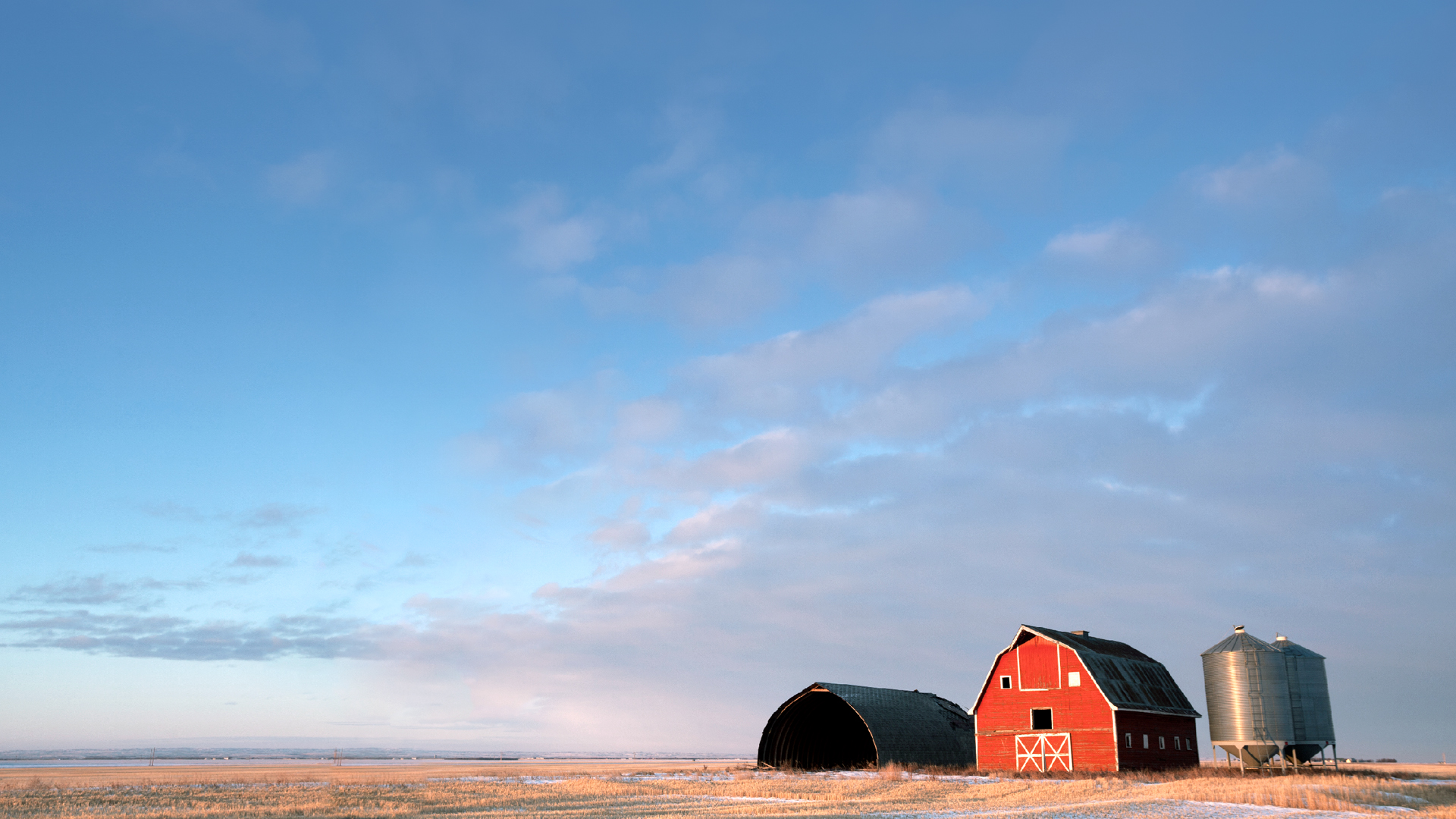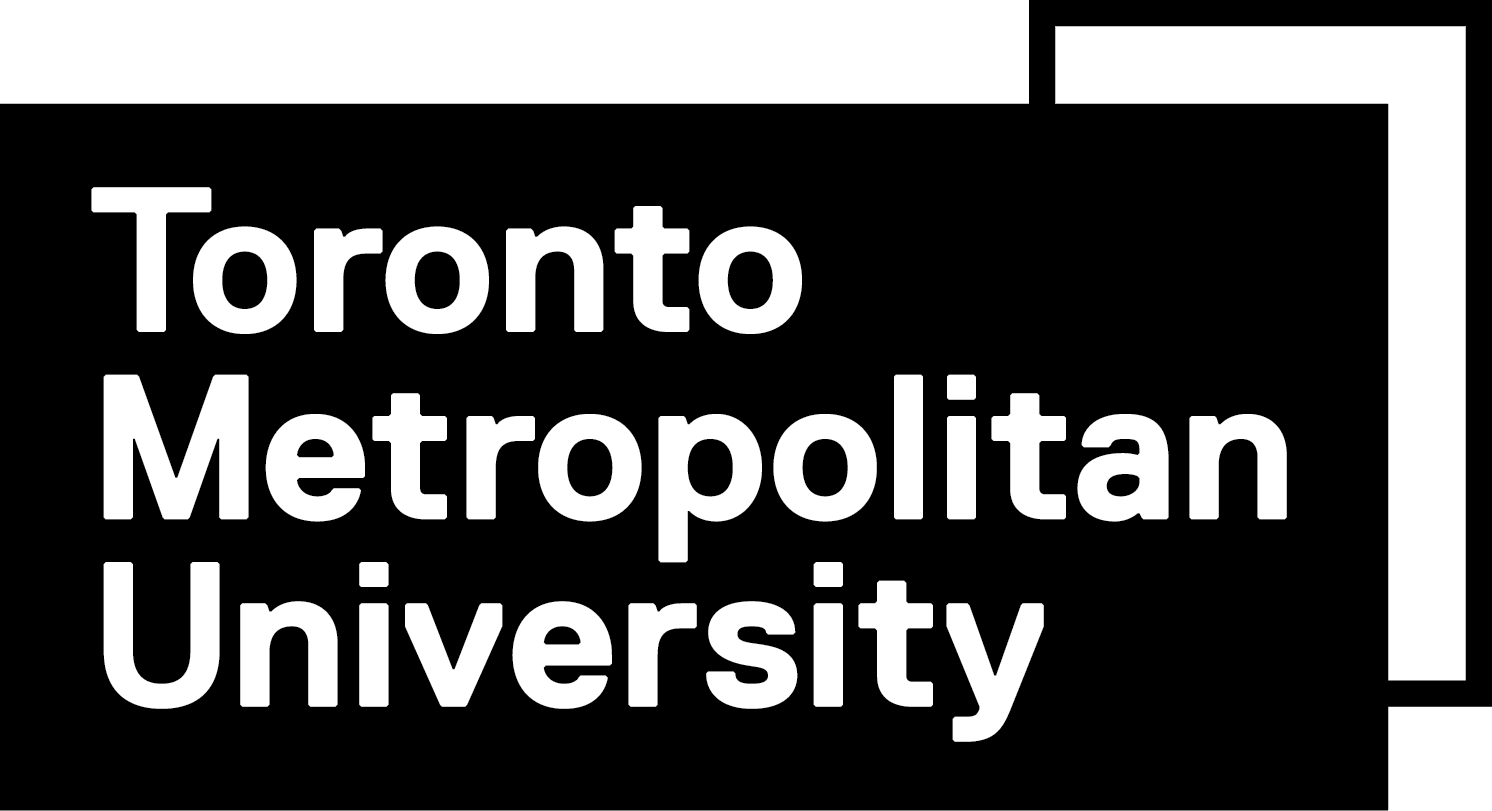
Bridging Canada’s Skills Gap

Français • March 27, 2020
We talk a lot about skills shortages in Canada, but what skills are employers looking for? And what skills do Canadian workers have?

The skills that workers need are changing thanks to automation and new technologies. That means it’s more important than ever to find reliable ways to identify the gaps between the skills workers have and the skills employers need, and how those gaps will change over time.
We don’t know enough about Canadian skill sets to say where the gaps are or how they might change. We need to fill the skills data gap.
We need a common framework on how we talk about skills in Canada.
On behalf of the Future Skills Centre, and in partnership with key players in the skills ecosystem, The Conference Board of Canada is building a skills framework to better understand the Canadian labour market.
The skills framework will help identify where the skills gaps currently exist and how this may change in the future. It will allow policy-makers, academic institutions, researchers, and other stakeholders to gain information on what skills are needed or will be needed so that Canadian companies and organizations can remain competitive.

In this multi-year project, we will:
- Identify skills profiles to understand how Canada is performing
- Determine where skills gaps exist in Canada
- Examine links between skills and key labour market indicators
- Forecast how the demand for skills is expected to change

The Occupational Information Network (O*NET) skills framework is a good starting point.
O*NET is a free online database that describes the skills typically required for thousands of occupations. By applying Canadian data to this framework, we can see where the strengths of our workforce are.
Learn more about O*NET
Developed by the U.S. Bureau of Labor, O*NET groups skills into six broad categories:

Basic skills
What is the minimum set of skills workers need? These foundational skills are essential for Canadian workers. They help people learn and solve problems. Examples:
- critical thinking
- writing
- speaking

Complex skills
How do we know what needs to be fixed? Complex problem-solving skills are needed to pinpoint problems and identify and evaluate potential solutions. These skills are essential to tying all other skills together.

Social skills
What makes an effective team? Social skills allow people to achieve goals with their co-workers and teach others. Examples:
- instruction
- persuasion
- social perceptiveness
- coordination

Resource management skills
Do we allocate our resources efficiently? Resource management skills allow us to put the right assets in the right place at the right time. Examples:
- managing material resources
- managing financial resources
- managing personnel
- managing time

Systems skills
How can we improve the way work gets done? Systems skills deal with how we understand and perform our work, and how to get better at it. Examples:
- judgement and decision-making
- systems evaluation
- systems analysis

Technical skills
How do we build things? How do we fix what is broken? Technical skills are critical to those who operate, set up, or repair machines or technological systems. Examples:
- equipment maintenance
- installation
- programming
- repairing

Canadian skills
We need to understand how skills are distributed among the Canadian workforce.
How do skills differ among various occupations and industries? What about by province and city, or between rural and urban regions? And how do skills affect wages?
It is also important to understand how skills cluster. Which skills are commonly associated with each other? Which occupations have similar skills requirements?
Our skills framework will help answer these questions.
We’ve discovered some interesting preliminary connections in the Canadian labour data about who has which skills and where these skills can be found.

Regional comparison
There is little variation in average skills at the provincial level, but much more at the municipal level. There are also significantly different skill mixes between urban and rural locations. Large urban centres tend to rank higher in skills such as writing and mathematics, while more rural parts of Canada tend to have higher average skills such as repairing equipment and maintenance.

Industry comparison
Skills profiles vary by industry. However, looking at these differences can also help us find similarities. For example, the public administration industry’s skills profile—which requires skills like reading comprehension, critical thinking, and writing—overlaps with the skills profile of information and cultural industries. This suggests that people may be able to easily transfer between occupations in these industries.

Demographic observations
Certain groups of people face specific labour challenges, such as higher rates of unemployment or underemployment, and wage gaps. For example, women are more often employed in occupations where skills, such as reading, writing, and speaking, are important. On the other hand, men tend to be more represented in occupations that require technical skills, such as equipment installation and repair. While there are many reasons why this is historically true, how is this changing? What will the data show? And how do skills affect their options?
Stay tuned for updates on where skills in Canada are—and aren’t—here.
FSC partners




The responsibility for the findings and conclusions of this research rests entirely with The Conference Board of Canada.

